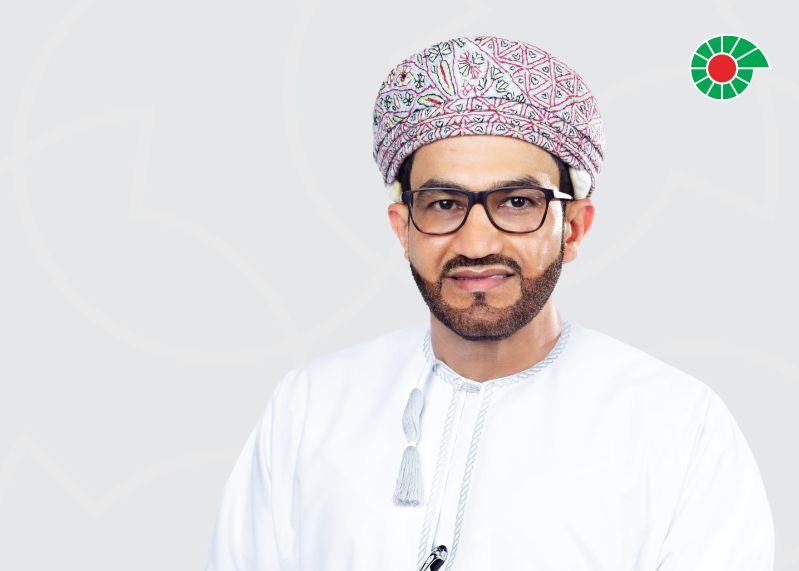
US Exim studying possibility of setting up export credit agency in UAE, says former policymaker
The US and the UAE are exploring ways for their respective companies to partner in sub-Saharan Africa, said Jose Fernandez, a former assistant US secretary of state for economic, energy and business affairs, during an event held at Dubai International Financial Centre (DIFC).
He also said the US Export-Import Bank (US Exim) is currently studying the possibility of setting up an export credit agency (ECA) in the UAE.
According to Fernandez, who took part in economic discussions between the countries last week, the US is looking to take on a more ambitious agenda with the UAE than it has in the past. We thought wed done a pretty good job by the end, in dealing with some of the issues that we had in our relationship, and now we are prepared to think bigger, he said.
However, discussions to further deepen ties have been temporarily put on hold while the US government is in partial shut-down, due to the political impasse over the federal budget.
Trade between the US and the GCC totalled almost $100bn in 2011. Last year, the countries signed an agreement that will lead to the establishment of a joint committee focusing on trade and economic ties.
Fernandez added that while the US will continue to be involved in the Middle East, it is unlikely to enter into a free trade agreement with the Middle East and North Africa (Mena) region any time soon.
My guess is we will see more of the same [economic policy], he said. We will see reliance on the private sector, focus on jobs and education, encouragement of regional integration, and perhaps some more sovereign loan guarantees. But given [the US] budget woes, I dont think well see a lot of aid flows increase.
Instead, expect a realistic, modest, incremental proposal, and insistence on long-term fundamentals, he said, adding that Egypt will need to address the loss of its international reserves (which amount to 60 per cent since 2012), its high budget deficit (11 per cent of gross domestic product [GDP]), and its high spendings on energy subsidies.
You might also like...

Microsoft invests $1.5bn in Abu Dhabi's G42
16 April 2024

Roshn and Dar Al Arkan sign Sedra deal
16 April 2024

Summit opens with promise to keep Cop28 commitment
16 April 2024

PDO gets first Omani managing director
16 April 2024
A MEED Subscription...
Subscribe or upgrade your current MEED.com package to support your strategic planning with the MENA region’s best source of business information. Proceed to our online shop below to find out more about the features in each package.




